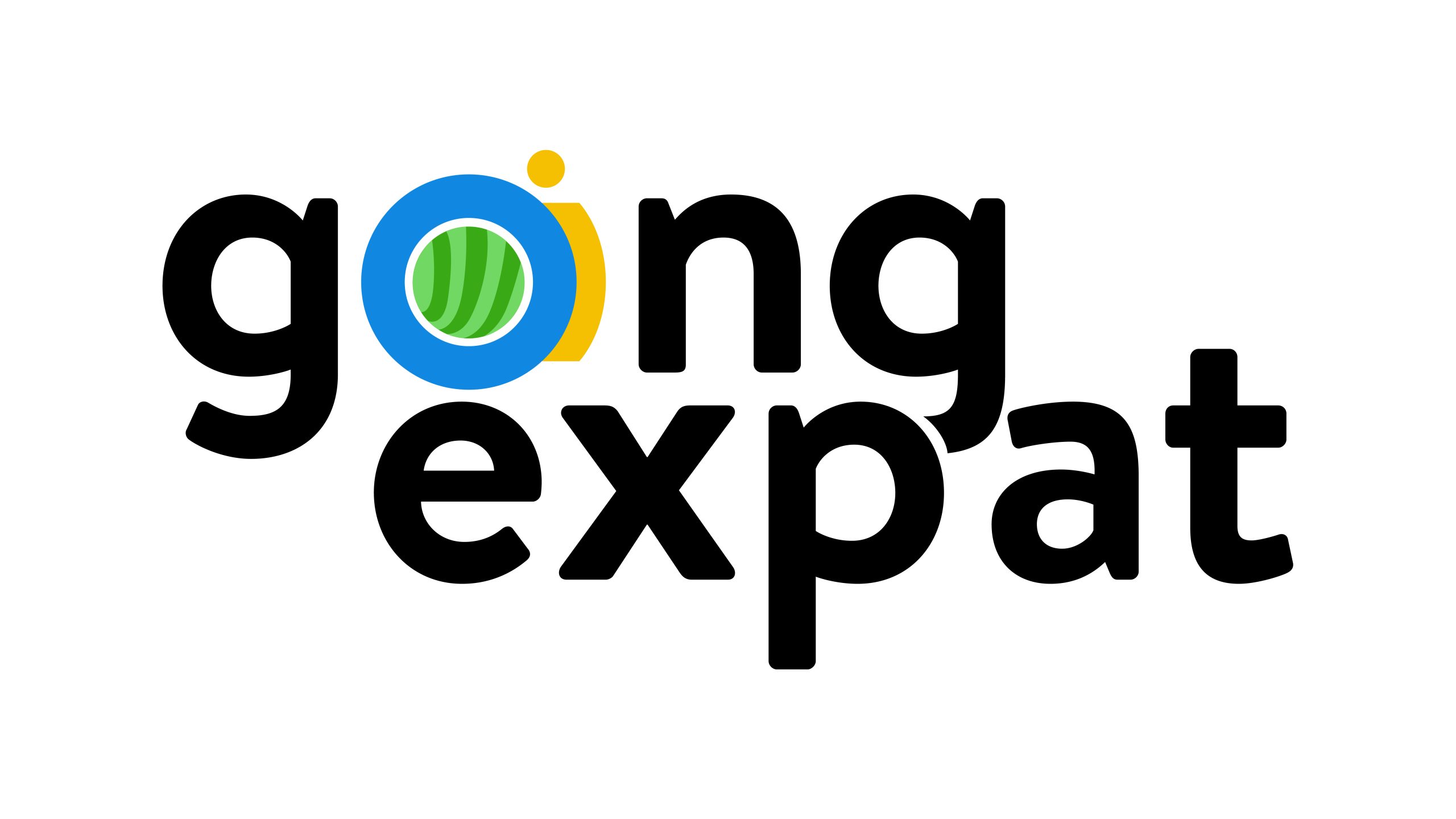This article is also available in: Italiano
Hello Going Expat people,
Let’s keep on talking about school systems and this time we go to Switzerland, specifically the Italian part: Canton Ticino.
As usual to talk about it, I asked someone who got direct experience.
Laurien introduced herself this way:

My name is Laurien. On Instagram you can find me as laurien_healthyliving. A Dutch national, living in Ticino since the Summer of 1993, where I moved for my work as a physiotherapist.
Living together with my Swiss Italian partner, mother of (our) two adult sons. Born under the sign of Gemini, I love engaging with others, just like my fellow Gemini Rossella.
In my spare time I like to read, hike, walk our dog, do some fitness, some swimming, knitting, sewing, crochet, baking, gardening, and hoping to start up with painting or drawing some time soon again.
I often spend weekends with my partner in our mountain house in a tiny village. I have my own physiotherapy studio in the village where we live, and I work in Network Marketing with an Austrian company that creates sustainable products for skincare and supplementing.
I like to help/teach people how to live a more healthy life thru both my jobs.
And now that we met Laurien, it is time to explore the school system in this part of Switzerland
The official language spoken in school in Ticino is Italian, and often dialect will be spoken too.
Children until the end of middle school (11-15 y.o.), have class from Monday to Friday, generally from 8.30 to 11.45 and from 13.30 to 16.00, except for the Wednesdays when school time is from 8.30 to 11.30 only. Please take in account that depending on the school there might be slight differences.
Afterschool is not common in Ticino. But since nowadays more mothers work, it has become a burning topic and some news might follow in the next years (hopefully).
Let’s deep dive into the system:
For parents who need child care straightway after a child is born, there are ‘asilo nido’, baby care from 0 months until the moment when a child starts Kindergarten. These are private institutions, and the price depends on family income. The state will give you subsidy if needed.
Another way to have someone taking care of your baby if it is not possible for you and your partner is hiring a ‘mamma diurna’, a woman who takes up to 5 children, depending on their age that anyway can be between 3 and 11, into her home during the day. Some mamma diurna provide lunches or afterschool.
Also for this service, the price depends on the income of the family of the baby, and it is monitored by the state.
Kindergarten, “asilo” : kids have to be signed to it for a minimum of 2 years, and it is mandatory from 4 years onwards, although children are allowed to start on their 3rd birthday.
It means that kids enter the school system at the age of 3, and they will usually only go in the mornings, (8.30 – 11.30). But if the parents want, they can stay all day long.
Children will stay in school all day, except Wednesday. All children eat lunch at school. The menu in all schools is the same. The Department of education makes a monthly meal plan. Parents have to participate in the costs of the lunch. When my boys went to school it was 30 chf per month or so. No costs for books, etc. No afterschool on the premises.
Elementary school “scuola elementare”: kids can start here at 5 y.o. but they must be 6 years old by September 30th to start the year. If the child if is born after 30/09, they must wait until the next school year.
Books, and school stuff are for free. Some school will offer lunches against payment. No afterschool on the premises.
As said earlier, the language in school is Italian, and in 4th grade children will start learning a little French language.
After finishing the scuola elementare, all children will go the middle school “scuola media”, which lasts 4 years, until 14y.o. more or less. There are public and private middle schools and there are no distinction between kids’ abilities, they all have to the same classes.
Only children with an intellectual disability will have a lower level of education in Math and German. In fact, starting from the first year of middle school, kids will add German language to French and during the 3rd year they will also learn English. I have to say, the teaching of the 3 languages is still very basic at this level of school.
There are no (final) exams at the end of the 4th year of scuola media, only a kind of test that is worth for the government to analyze the teachers’ job and how they have educated the kids.
Once the school is over and kids, who now are teen-agers, will receive the licenza di scuola media, and now the road of being educated will continue.
From middle school on, most books will have to be paid by the families of pupils. There is not a big market in used books, also because teachers want the children to have brand new books. Some school offer a paid lunch for their pupils. Public school is free, private school will cost 10.000 CHF per year.
The good thing about the scuola media is that you will never have to redo a year! It is hardly possible. Only with a special permission from the department of education you can redo a year. The government says it costs too much to have a teenager repeat a year.
But in the case of failing one or more years, in the end you will fail school, and be without a licenza di scuola media, which means have little or no opportunity to continue education. Finding a job will be very difficult as well, and some will become a ‘social case’ at an early age.
Due to shame, often parents will pay for years on end living costs for their child, which bring it to the risk than these people will end up living on subsidies from the government. Nowadays there are some, but not many, special options now for youngsters who finished school without getting the licenza.
I want to talk for a moment about support. I have to say that students get rudimentary counseling. The children though, are able to take 5 days off from lessons during the last year of middle school to do try out for apprenticeships. They will pass a day or two in a company to see what the ‘job’ is like.
After the scuola media, the options fall into 3 categories:
apprenticeship, full-time school arts/tech or lyceum.
Since middle school has one level only, it is impossible to give pupils lessons on ‘their level’. Teaching pupils how to study is not considered important from elementary school onwards.
In Ticino many parents are adamant their offspring will get a higher education than they had, so they push to lyceum even though their offspring is not bright enough. To give you some data in Switzerland after middle school 10 % of pupils will go to lyceum, in Ticino 25%.)
Some will start a 4 years full-time school arts or tech (with the maturitá included, which means access to a higher professional school), and others will start an apprenticeship, lasting 2 or 3 years.
Depending on what you learn in your apprenticeship, per month you will have 4 or 10 days of school, and the rest you work in a company (Work for 2 weeks + 2 weeks of school, or per week 1 day school + 4 days of work).
It is possible to go for the apprenticeship with an integrated maturitá or do an extra year of maturitá, which will give the possibility to go to some higher education, for example Politecnico, professional high school with entrance exams.
For some higher education though, it is still needed another year of schooling or work depending on what you choose.
The apprentice will be paid a salary by the company they work for and the amount is established by the government.
Of the youngsters that go to the Lyceum, half will fail the first year because the step between middle school and lyceum is much too big. Most of them will redo the first year and hope to continue.
Who choose to stydy at the Lyceum, could still have to study German, French and English languages, depending if they choose the linguistic or scientific one.
Why it is so important for most parents to have their kids go to the Lyceum? Because after that the doors to universities are open.
Depending the university/curriculum of choice, often there will be an entrance exam, same instead have limited number of openings.
University in Ticino is the most expensive in the whole Switzerland with a rate of 2.000 CHF (about 2.114,28 EUR) per year.
Fribourg is the cheapest with a rate of 400 CHF (about 422,85 EUR) per year.
Based on the income of the family some students can get a subsidy from the government.
The University in Ticino offers courses only in economics, architecture, communications, and some health disciplines. Therefore many young adults have to go elsewhere, to the German or French part of Switzerland for example, and this is tough because their German or French will possibly be not fluent enough to follow classes at the beginning. Anyway most of them succeed.
Many will not come back to Ticino, but stay where they studied because Ticino does not have that many job opportunities either. Other people will choose Italy to study, because there is no language barrier, but where the compatibility of diplomas after finishing university is always an enigma when looking for a job in Switzerland.
Thanks to Laurine we have now a more clear idea of how the school system works in the Italian part of Switzerland, and even though not in everything, I can see many similarities with the Italian school system as well.
Laurien and I have recorded a video about Moving to Switzerlands, available on my You Tube account:






